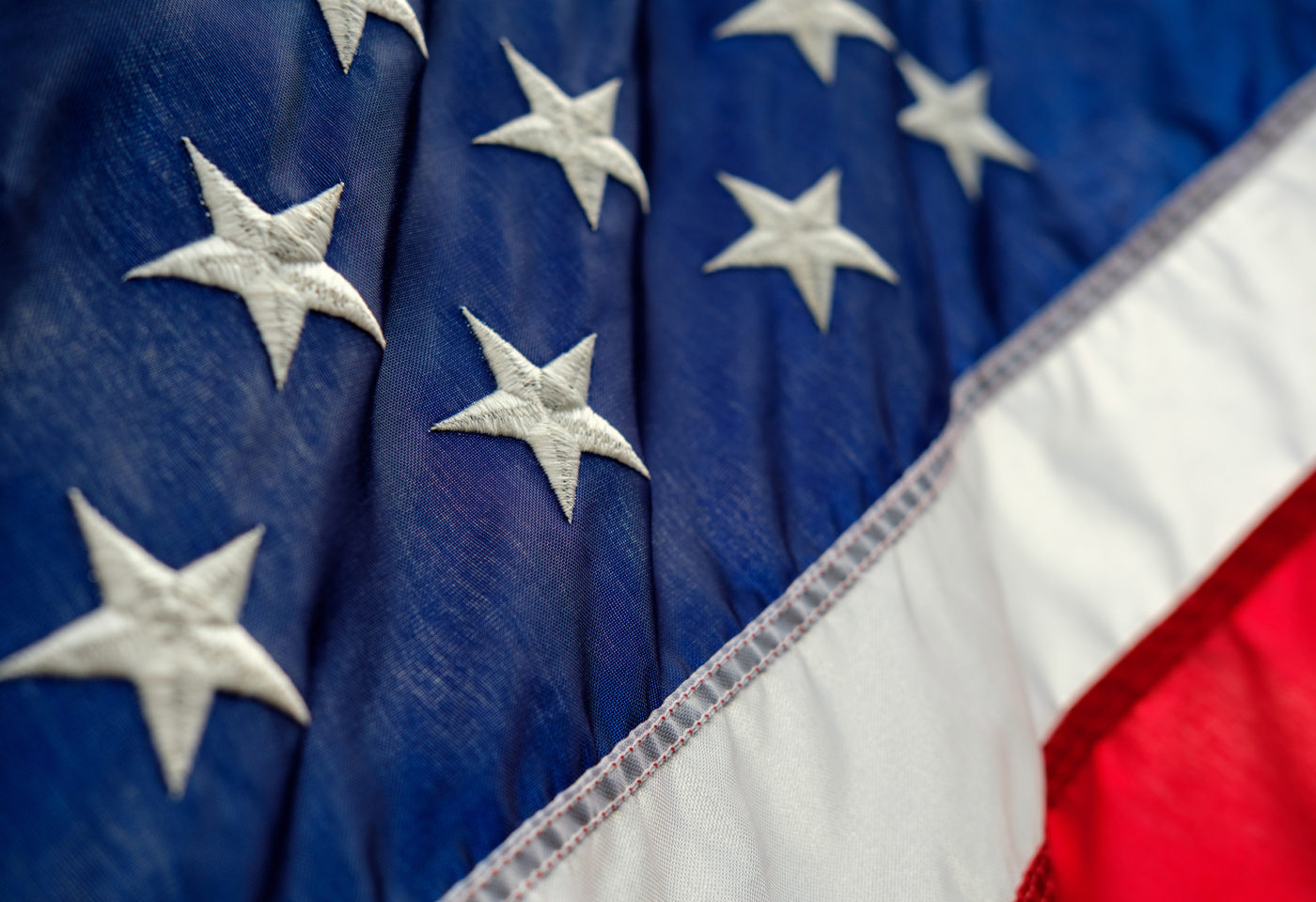By Carlo Dade
Published in the Winnipeg Free Press
July 12, 2018
Manitoba should rightly be proud to host this year’s annual meeting of the U.S. Council of State Governments — Midwest, given the current dismal state of relations with the United States.
But there is a larger and more important story in this.
We did not suddenly arrive at this point in our relations with the U.S. due solely to President Donald Trump. The backlash against the North American Free Trade Agreement, against the narrative of our shared prosperity and shared sacrifices, has been building for some time and has gone largely unchallenged for too long — on both sides of the border.
Beating back the current challenges to NAFTA, cross-border trade and our successes in growing our economies together is not enough. We must use the current crisis to make sure that it does not occur again.
And that means the private sector and the provinces are going to have to step up and invest more time, effort and, yes, money, into our relationship with the U.S. This includes hosting and fully utilizing opportunities in events like next week’s gathering in Winnipeg.
Yet our commitment to the time, effort and money to engage waxes and wanes; recently, we have treated this as something that is “nice to have,” but easily dropped in the relentless demand for spending on problems here at home.
In doing so, we forget that the resources required to fund the things we need and to solve the problems that we have come from business and trade. And for Manitoba, 72 per cent of that trade is with the U.S.
It’s a similar story for many of our American visitors next week, for whom every state’s largest export market is Canada.
That is one of many commonalities upon which to build with the meeting, which runs July 15 to 18. But as governments worry about the appearance of spending on foreign transportation and hospitality in tight financial times, we have not always taken full advantage of these opportunities. We send only one attendee to similar meetings in the U.S.; in a good year, we might send two. Premiers routinely skip invitations for invaluable and unique face time with their peers at events like the Western and Mid-Western Governors Association meetings.
This has to stop. We have to start showing up and doing so in force.
For premiers looking to advance and defend our interests in the U.S., there are few better opportunities than a closed-door meeting with these state governors and top aides. To build understanding with people whose phone calls to Congress get returned immediately, not tossed in the “to be returned whenever” queue with calls from every embassy and foreign lobbyist in D.C., meetings like next week’s are essential, both hosting here in Winnipeg and sending reciprocal delegations to the U.S.
When thinking about dealing with the U.S., Canadians tend to defer automatically to Ottawa and the civil service. But the reality is that the provinces and U.S. states have a great deal of influence and ability to work together to solve all the problems once goods get to the other side of the border. States and provinces also can launch their own initiatives on a wide range of issues, from climate change to clean energy to transportation corridors, that reflect shared regional commonalities that often differ from those back east.
States and provinces also have done even bigger things. In 1985, premiers Peter Lougheed (Alberta) and Bill Bennett (B.C.) took the idea of a Canada-U.S. free trade agreement, an idea hatched by Lougheed and U.S. senator Henry (Scoop) Jackson, to an annual U.S. National Governors meeting, giving the idea one of its first airings in the U.S.
We do not have to depend solely on Ottawa and Washington to get things done. If engagement between states and provinces was key to launching our era of open trade with each other, then it will surely be important in getting it back. Part of that depends on what happens next week in Winnipeg.
– Carlo Dade is the Trade & Investment Centre director at the Canada West Foundation.
